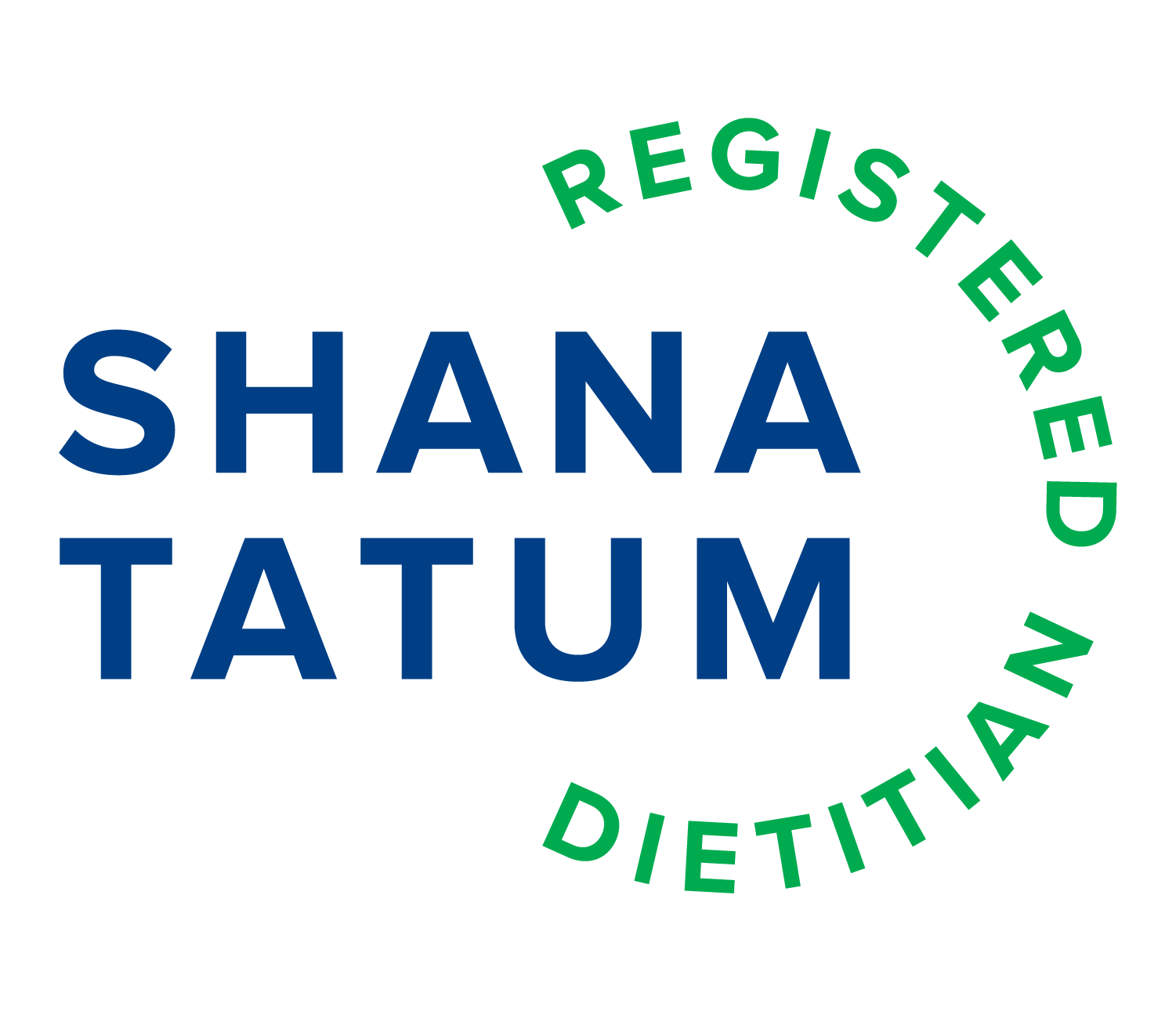Food for Thought - Nutrition for Brain Health
This year for many of my blog articles, we will be taking a tour through the body and learning how nutrition specifically can support different body systems. In Integrative and Functional Nutrition, which I follow in my practice, we look at whole systems biology. While specialists are needed to care for particular body systems, we always come back to the biology as a whole. Many recommendations you hear me describe, may have specific value for the heart or the skin, but in most cases those benefits are not limited to just that one area.
So true is it of the brain. Our microcomputer with the intelligence to discover planets in the solar system and chart the ocean tides of the sea, can be nourished in ways to support all that cognitive function. The news has been full of brain health research in the last few years as advances in nutritional treatment for Alzheimer’s Disease and other neurodegenerative conditions have shown connection.
An example is the MIND diet, a blend of the Mediterranean and DASH diets. MIND stands for Mediterranean-DASH Intervention for Neurodegenerative Delay. DASH Diet stands for Dietary Approaches to Stop Hypertension and both are rich in fruits and vegetables, fish, nuts and seeds as well as whole grains. The core of the food plans are the antioxidants which support cognitive function and the Omega 3 fatty acids that reduce inflammation.
Antioxidants are key to our good health. They keep free radicals (single oxygen species specializing in damage to tissue) and oxidative stress from tipping the balance away from wellness. They are found in many of the plant foods recommended on the MIND diet. Fatty Acids such as the Omega 3’s found in fatty fish like S.M.A.S.H (Sardines, Mackerel, Anchovies, Salmon and Herring) can reduce inflammation not only in the brain but also for the heart.
It has been reported that a higher quality diet, including these foods, can lower the risk for dementia. A study conducted with over 4000 participants demonstrated the growth in brain volume (increase in the region of the brain that regulates emotion, motivation, learning and memory) while following a MIND food plan. With these positive results, the researchers questioned if an improved dietary intake full of fruits and vegetables, fish and nuts and seeds impacted the brain in a positive way, would eating a low quality diet cause brain shrinkage resulting in cognitive decline and potentially lead to dementia?
Correlations certainly exist with higher body mass index as well as with reduced activity levels and poor stress management, but if including more of these beneficial foods could improve the tissue volume size of our brain, who wouldn’t choose a diet full of these foods?
Good nutrition is not that hard. Start with a good protein, add a variety of vegetables, include fruits for occasional sweetness and snack on nuts and seeds. A few Brain healthy examples below:
Breakfast – Veggie Scramble. Two scrambled eggs with 1 cup spinach, 1/8 cup chopped onions and 1/4 cup sliced red bell pepper, with ¼ cup blueberries on the side. This gives you protein and minerals such as magnesium and calcium from leafy greens. Quercitin comes as a powerful antioxidant found in onions with Vitamin C and other polyphenols in the red bell pepper and onion. The blueberries have long been touted as excellent brain food due to the flavonoid compounds helpful in reducing inflammation. Or, consider Intermittent Fasting as a brain healthy way to start your day. More on that in another article…
Lunch – Mushroom and Bell Pepper Sauté with Arugula topped with Goat cheese and a sprinkle of Sesame Seeds. One cup of mushrooms is full of B vitamins such as riboflavin and niacin as well as the antioxidant Selenium. Adding 2 cups of leafy greens at most meals can help increase fiber, polyphenols and mineral intake. A 1 oz serving of goat cheese adds the texture of creaminess and protein as well as phosphorus.
Snack- 8-10 almonds or walnuts provide fiber and the plant form of Omega 3 alpha linoleic acid, important for inflammation.
Dinner – Shrimp Stir Fry over Cauliflower Rice. A 4 oz. serving of shrimp provides 20% of the needed Vitamin B12 critical for energy metabolism. Adding assorted vegetables like broccoli, carrots and onions to the stir fry increases antioxidants and fiber as well as Vitamin A and C. You can find cauliflower “riced” in the bagged produce section of the grocery store. Steam and use in place of white rice to increase nutrient density.
Following an anti-inflammatory diet is not only good for the brain but many other systems such as cardiovascular, gastrointestinal and endocrine systems too. Who knows, 2020 may be the year of a bigger brain for you! If you need help learning about an anti inflammatory diet email me hello@shanatatumrd.com for help.
